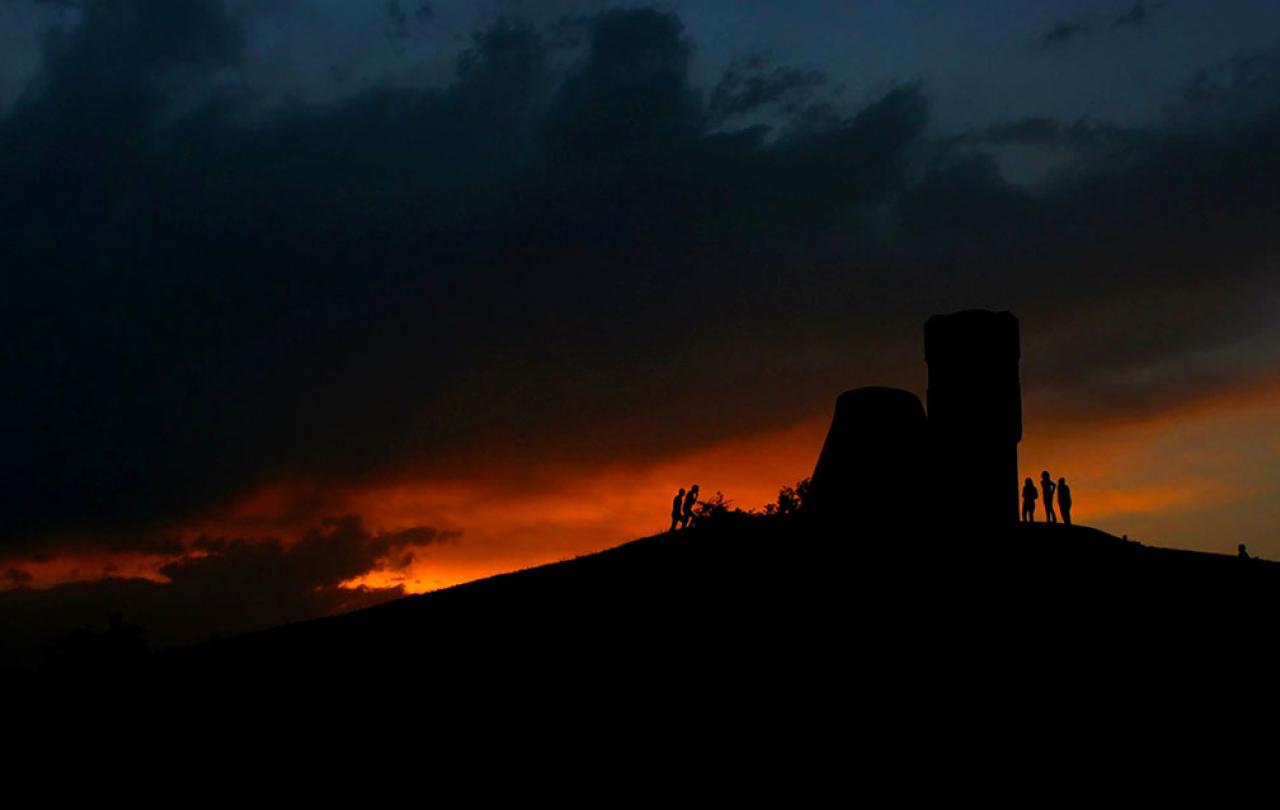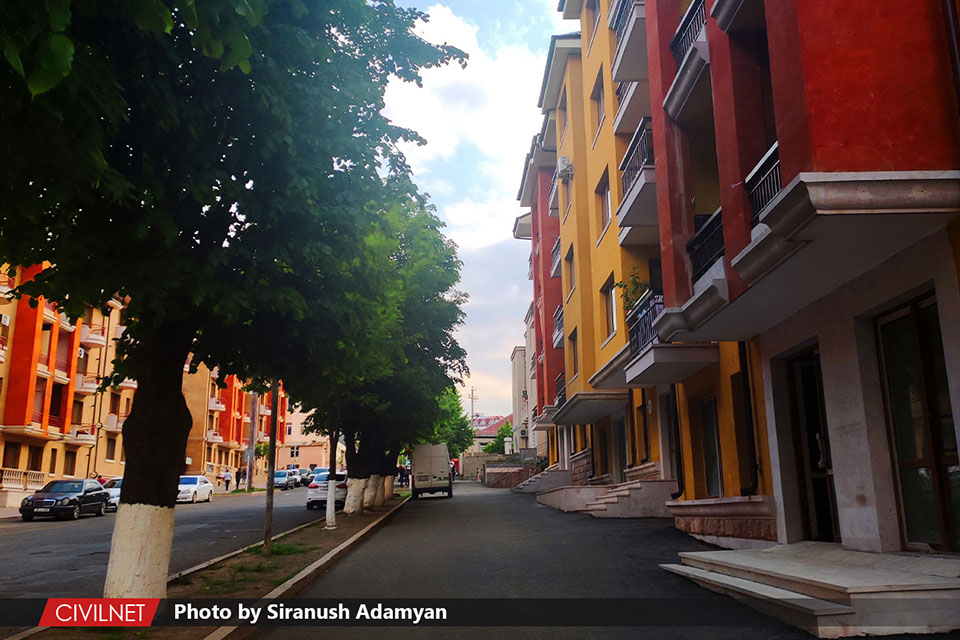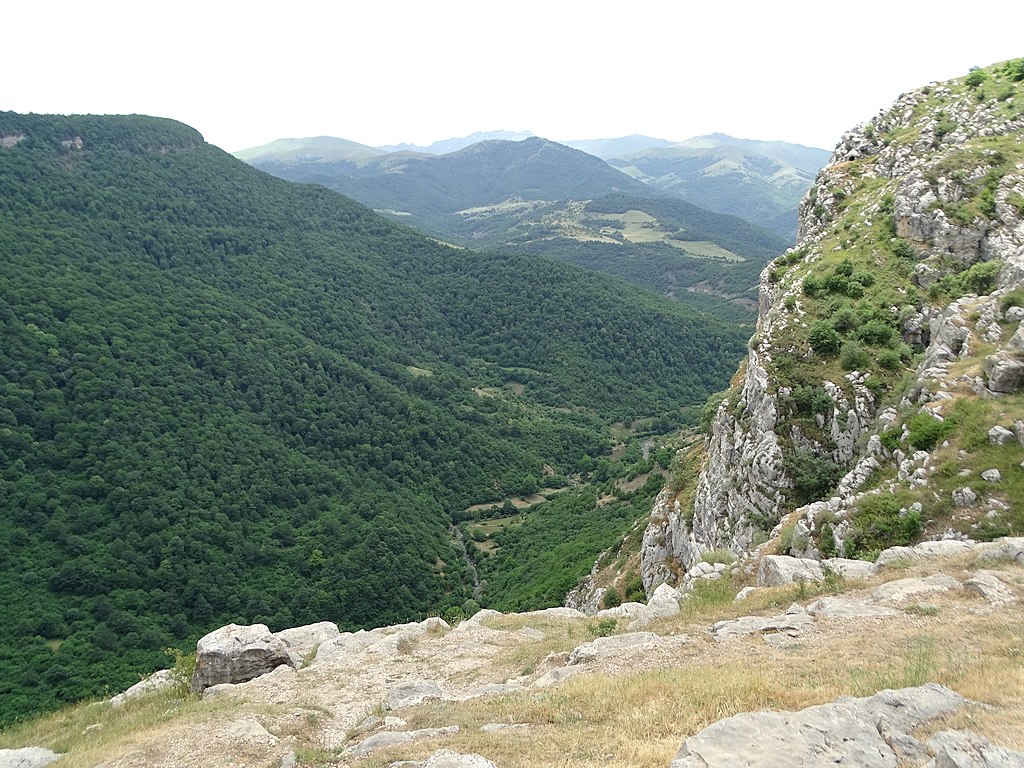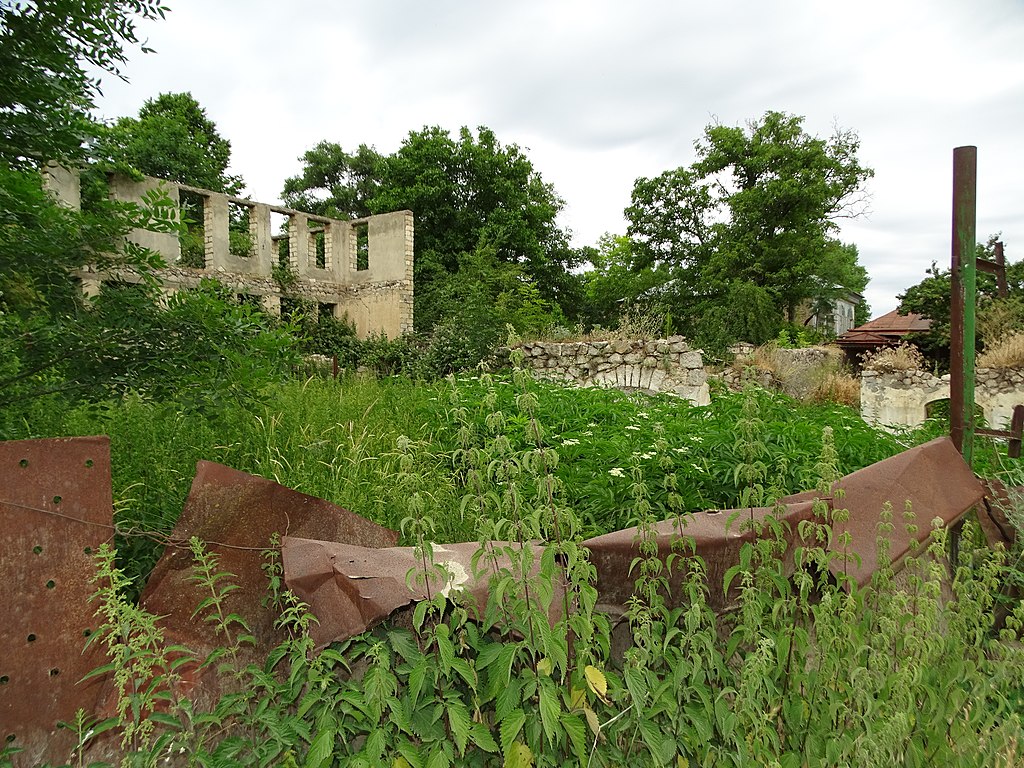
The ethnic cleansing of 100,000 Christian Armenians from Nagorno-Karabakh has left Armenians around the world questioning the world order that allows dictators to have their way without impunity.
Following Azerbaijan’s brutal war of September 2020, the people of Karabakh were subjected to a complete blockade of their region – an exclave of Armenia in Azerbaijan. In the small stretch of land where Armenians had fought for independence following the collapse of the Soviet Union, civilians were being kidnapped, the elderly were dying for lack of basic healthcare, and schools were closing due to no heating gas. To the outside world, Azerbaijan’s President Ilham Aliyev was speaking of peace and integration. Inside the region, experts were warning of genocide by starvation.
In September 2023, Azerbaijan at last got what it wanted - the territory of Karabakh without Armenians. After an attack that left hundreds of people dead, Azerbaijani forces moved into the region as people began to flee to Armenia, forever leaving their homes and homeland.
This is the story of Anush Petrosyan. A native of Shushi, Karabakh, which Azerbaijan took control of in 2020. Since then, Anush had been living in the Armenian-controlled Karabakh capital of Stepanakert, which she was forced to evacuate during the ethnic cleansing.
In September 2020, I left my birthplace in Shushi, Artsakh (Nagorno Karabakh) with a strong conviction that I would be back soon.
In September 2023, I left Stepanakert, my new hometown, with only the hope of staying alive.
In September 2020, I had a father. He drove us to Yerevan in our own car.
In September 2023, I no longer had a father… A kind person from Martakert, Artsakh, who I had not met before, agreed to evacuate my mother and me to Yerevan in his car.
In September 2020, I left Shushi when there were still some people in the city.
In September 2023, I was among the last to leave Stepanakert. The hotel where we had been living as refugees from Shushi for the last three years was empty. I had never seen the streets of Stepanakert look so desperate. There were stray dogs roaming, and those without cars and were waiting for public buses to come and evacuate them.
In 2020, we left behind the harvest of my father's garden in Shushi, and an abundant life.
In 2023, we left a few kilos of buckwheat, rice, and potatoes in our hotel room in Stepanakert. Food we had managed to get a hold of during a nearly year-long brutal blockade.
In 2020, I left Shushi with dreams in my heart. I had not been broken yet, I had no personal loss, and I was confident I’d be back.
In September 2023, I left Stepanakert with a sense of uncertainty about my life and my future. I had lost a homeland, my father, and I was lost in my own life.
I have written much about Shushi since the September 2020 Artsakh War. I left a whole life and a garden of violets there.
But I haven't written a single line about Stepanakert since the violence and ethnic cleansing of September 2023. Maybe one day I will write about this cozy city and its beautiful stadium where I would jog and regain a sense of peace.
In September 2020, for the first time in my life, I felt how alone and powerless a person can be.
In September 2023, for the second time in my life I felt how alone and powerless a person can be.
In September 2020, I started to realize that in any hopeless situation a person should put their hope only in themselves and God.
In September 2023, I became convinced that in any hopeless situation a person should put his hope only in themselves and God.
I went through hell twice, or through different stages of hell. It is difficult to say which hell was worse.... I am only afraid to imagine that there are people whose hell has been more hellish than mine.
But in the midst of hell, I came across the most compassionate people, who made me feel God’s presence in this absurd world of ours.
Stepanakert and Sushi




Voices of Artsakh is a new series developed in collaboration with The Armenia Project, an educational non-profit in Armenia, that features the stories of the refugees who were forced to flee Nagorno-Karabakh (also known as Artsakh). These personal essays will focus on their experiences, and life after Artsakh as they try to rebuild new homes following the ethnic cleansing from their historic lands.






